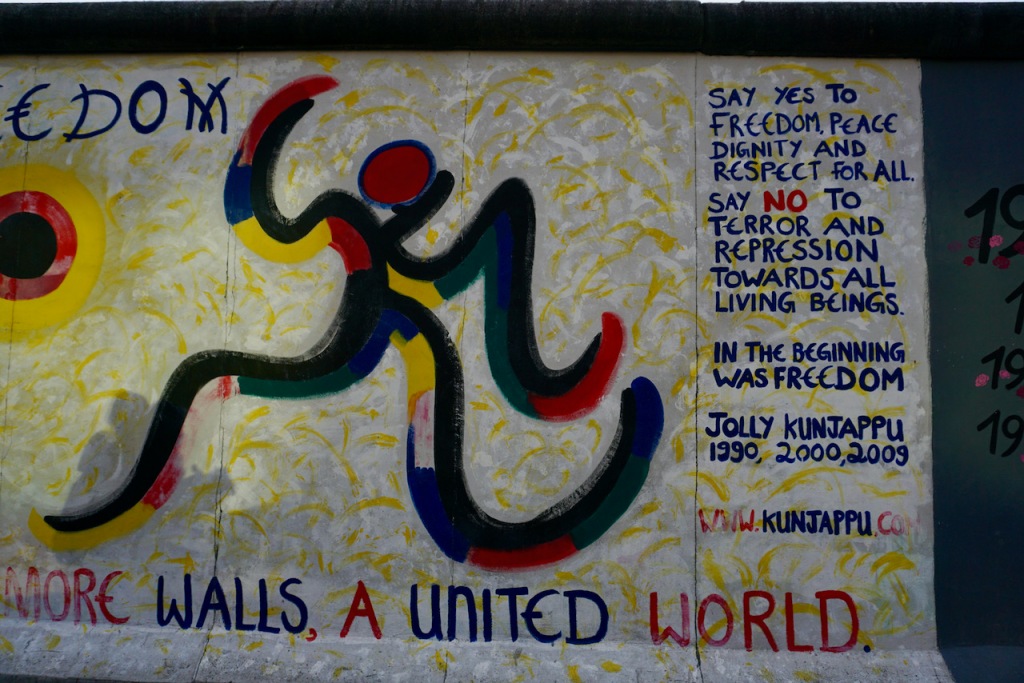As usual, the Student Council students have organized a series of activities for Pride Month. This year’s set-up includes posters around the school, a box in the foyer for questions about LGBTQIA+ topics, a series of Instagram posts, and safe space stickers passed out to teachers for their classrooms. Next week, a flag will be hung in the foyer, and the questions in the box will be answered and the answers sent out to the community. Our school is a proud member of two local organizations dedicated to open-mindedness and anti-discrimination practices, so this is just part of what we do.
But. Our school is still a diverse community with diverse opinions. Every year, some of the posters hung up for Pride Month get torn down or defaced. Now that I’ve been overseeing Student Council for three years, I have full confidence that this is not a coincidence and the school’s teachers and administrators agree. In response, Student Council has put up more posters. A colleague a took ripped poster from classroom to classroom, and we hung signs asking students why Pride posters bother them and encouraging them to talk with a few specific staff members, including ourselves, about their concerns. A note went out in the daily bulletin that was read aloud in homeroom, explaining that such behaviour is not in line with what we do at our school.
It seems like the fun of tearing down Pride posters has worn off, which is a small victory. In this case, a clear stance of “This is not acceptable and we will not stand for it” seems to have prevailed.
But the questions of “Why?” and “What’s bothering you?” remain. No one has answered our call to talk about their concerns, which is not a huge surprise. It’s much easier to act anonymously, especially when such actions go against the social norms of a particular environment.
Earlier this year, when our school community voted in favour of joining a network of schools dedicated to anti-racist teaching and practice, there were a surprising number of “no” votes, suggesting that we have not done enough to emphasize what being international and open-minded actually means. This is what we are, but to what extent is that what we do? How have we acted to make our school a place where we openly behave according to our principles? And what have we done in situations where individuals do not act in those ways?
Such questions have been ongoing at school this year, and there have been a few interventions with particular groups to address active acceptance of diversity and inclusion of all, with more plans in the works for next year. But right now, we are wondering at motivation to vote “no” or to take down a Pride poster, and there has been much discussion among staff as to why that could be the case. Having had a lot of time to think about it, I have several hypotheses.
First, there is the possibility of typical teenage rebellion. You want to have a say about something, such as voting whether or not to join a network of schools with a specific agenda, and this seems like a reasonable opportunity to be contrarian.
Alternatively, it could be the case that students know that such topics can be considered controversial and, whether they themselves find the topics controversial or not, do things that they shouldn’t do, just for the sake of it.
The possibility of genuine disagreement cannot be ignored, either. At least as far as Pride is concerned, we have a population of students from religious backgrounds, which means that we need to far more explicitly address the issue of how we, as members of the school community, are respectful of one another even when we disagree.
There are countless possibilities I haven’t thought of, certainly, and I am heartened by the number of staff who have mentioned having conversations with their classes and who are proactively printing out and putting up new posters themselves. I appreciate the support and I know the Student Council students do, too.
Appropriately, a question that came up in Student Council was why we chose to make a big deal out of Pride Month when we’ve ignored most other designated months, and nearly all holidays. I was pleased to report that the school, having recently identified this issue, has created a rotating calendar of culturally significant days to highlight in our school events and practices. Students were impressed and excited, and we are looking forward to what this brings in the upcoming school year.
Schools are places of continuous development, and it is the people within the community, both students and staff, who make them this way. It takes a lot work, it takes confrontation, and it takes decision-making, and none of this happens over night or without effort. It’s one thing to make choices as an individual, and quite another to make choices as part of a system, as the Student Council members are learning. The work is never “done”, but we can certainly take a moment to be hopeful about what we’ve started.


